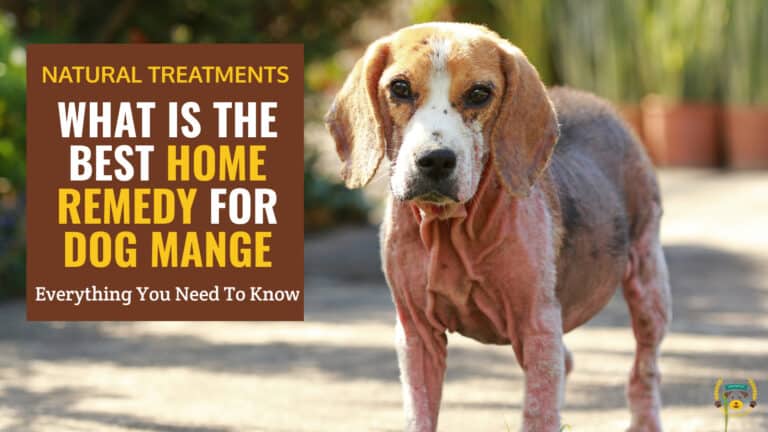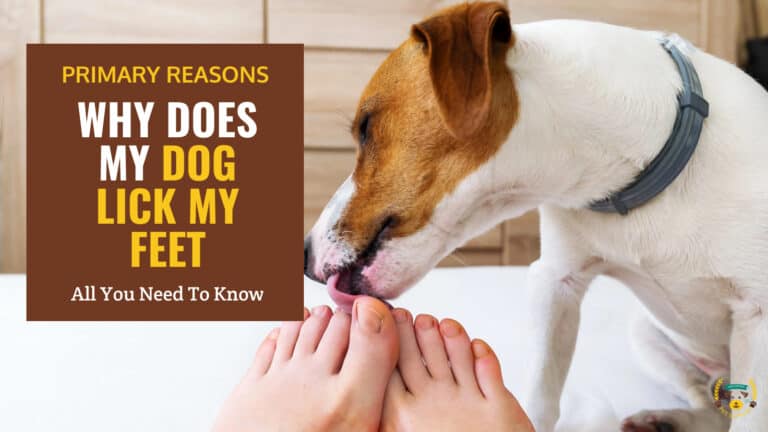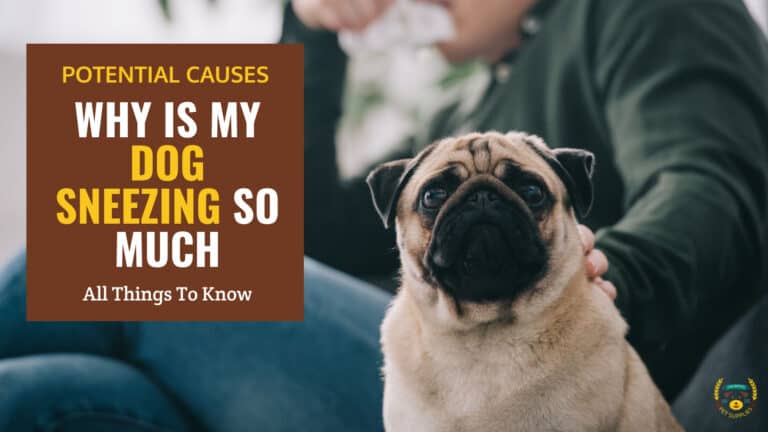The 7 Common Health Problems in Older Dogs To Watch For
Last updated: March 28, 2024

Summary
- Older dogs are more susceptible to illness, so it is important to know the common health problems to watch for.
- These include arthritis, hearing and vision loss, kidney disease, dementia, heart disease, obesity, and cancer.
- If you notice any of the symptoms of these conditions, take your dog to the vet for diagnosis and treatment.
- Early diagnosis is the best way to ensure that your dog's condition can be treated or managed.
- Early diagnosis of health problems in older dogs is crucial.
- Treatments such as radiation, surgery, and chemotherapy can be used depending on your dog’s diagnosis.
- If you are an owner of an old dog, examine him regularly and pay attention to the slightest oddities in his behavior.
When age starts to take a toll on your fur buddy, you may start to get anxious about their health. However, even older dogs can live a happy healthy life with the right care. Dogs over the age of 7 years are considered senior and are more susceptible to illness.
It is important to know the common health problems found in older dogs and how to recognize them. In most cases, early diagnosis is the best way to ensure that your dog’s condition can be treated or managed.
Here are the common health conditions you need to watch out for in senior dogs.
Arthritis
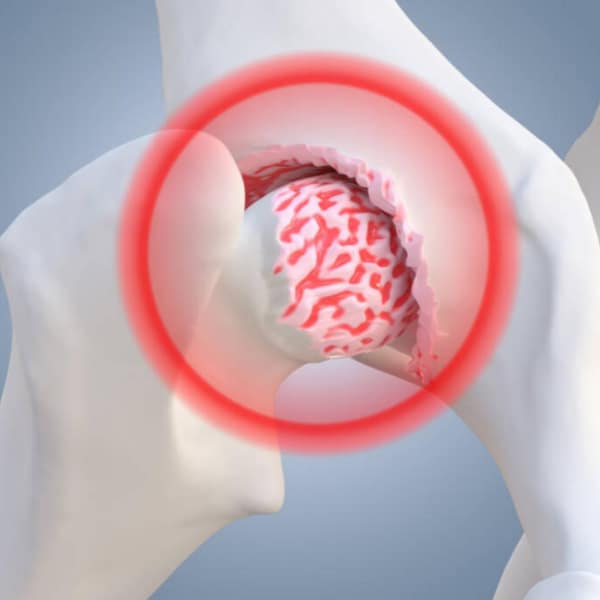
Diseases like arthritis are common in older dogs. This is because as your dog ages, the cartilage that acts as a buffer between their joints may start to wear out leading to inflammation and swelling of the joints. Osteoarthritis in dogs will mostly affect the hips, knees, and elbow joints.
Consult your vet if your dog starts to exhibit the following symptoms:
- Swollen joints
- Difficulty getting up and down.
- Lameness in one or more legs.
- Reluctance to engage in physical activity or lethargy
- Unexplained aggression
Treatment and Care
Although there is no cure for arthritis, early diagnosis is important since there are treatments that can slow down the progression of the disease.
These care tips will also ensure your dog is as comfortable as possible.
- Ensure your dog’s weight is healthy. Excessive weight puts extra strain on joints which can make arthritis worse.
- Look for healthy dog foods that contain natural anti-inflammatory agents like omega 3 fatty acids. You can ask your vet for the best supplements and nutrients to ensure healthy joints.
- Physical therapy and appropriate forms of exercise can help to keep your dog’s joints supple and prevent stiffness and inflammation.
Hearing and Vision Impairment

Senior dogs may start to lose their vision or hearing as they age. As your dog gets older natural tissue degeneration in their eyes and ears may make them start to lose their vision and hearing. Eye diseases like cataracts are also more likely to occur in senior dogs. While deafness and vision impairment may not be curable, it is possible to help your dog adapt. However, catching the problem as soon as possible is the best way to ensure that your dog can learn to rely more on their other senses such as smell.
Symptoms to watch out for include:
- In the case of blindness cataracts are usually the first sign. In this case, you will notice that there is a white film covering your dog’s eyes.
- If your dog starts constantly bumping into things or falling they may be having a problem with their vision.
- In the case of deafness, you may notice that your dog takes longer to respond to commands or does not respond at all.
Treatment and Care
While deafness and vision impairment may not be curable, it is possible to help your dog adapt. Catching the problem as soon as possible is the best way to ensure that your dog can learn to rely more on their other senses such as smell.
You can get a professional to help your dog cope with their deafness or blindness by training them to respond to hand gestures or vibrations.
Kidney Disease
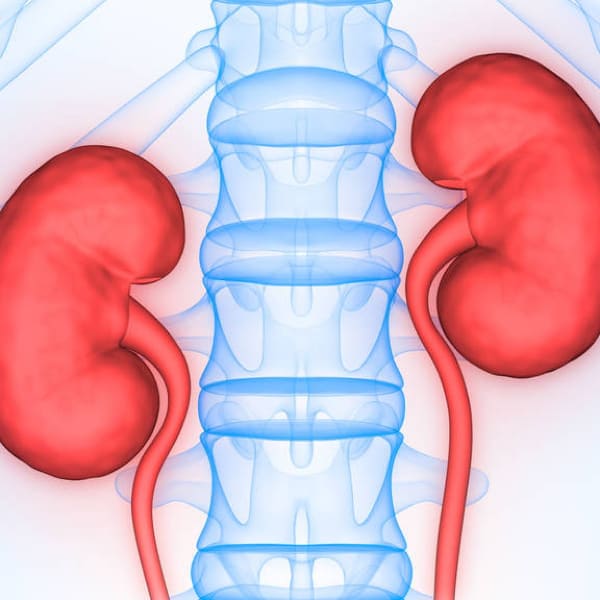
As dogs age, their kidney function may become impaired. When kidneys start to fail the accumulation of toxins in the body can cause a myriad of health complications. This is why it is important to take your senior dog for regular health checks so that any signs of kidney disorders can be noticed early.
Some of the symptoms to watch out for include:
- Frequent urination where your dog may become prone to having accidents in the house
- Brown discoloration on the tongue
- Loss of appetite
- Weight loss
- Your dog’s breath starts to smell like ammonia
Treatment and Care
Kidney issues can be managed with proper medication so early diagnosis is important. Your vet may recommend a diet specifically formulated for dogs with kidney conditions. However, you may find that your dog has problems feeding. In this case, it is better to feed your dog small meals throughout the day than one or two large meals.
Dogs with kidney conditions may get thirsty more often so always ensure that your dog has clean drinking water accessible at all times.
You may also want to read about how long a dog can go without eating to determine if your dog's reduced appetite is a cause for concern.
Dementia

Canine dementia is a common health problem in older dogs. Just like humans, dogs may start to experience a decline in cognitive function as they age. Canine dementia is similar to Alzheimers in humans. Your vet may also recommend diet and lifestyle changes.
Some of the symptoms of canine dementia that you need to watch out for include:
- Your dog seems confused or lost even in familiar surroundings
- Incontinence
- Your dog whines or barks for no apparent reason
- Inability to follow simple commands
- Lack of interest in their environment
Treatment and Care
While there is no cure for cognitive decline in dogs, when diagnosed early, certain medications can help to slow down the progression of the condition.
Caring for a dog with dementia may require a lot of patience. The following tips will ensure your fur buddy enjoys a good quality of life.
- Stick to a consistent routine. This will minimize your dog’s feeling of disorientation and anxiety. As much as possible, have set times for feeding, walks, playtime and sleep.
- Do not skip playtime and exercise for your senior dog as activities help to keep your dog mentally stimulated.
- Always ensure your dog has a tag and is easy to identify since dogs with dementia can easily get lost
Heart Disease
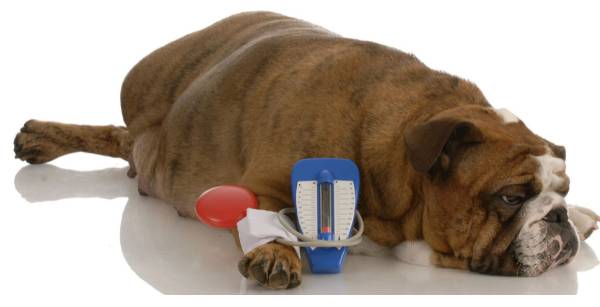
Heart disease is another common health issue in senior dogs. As your dog ages, they become more susceptible to cardiac diseases where the heart can no longer efficiently pump blood.
Some of the signs that indicate your dog may be developing cardiac disease include;
- Exercise intolerance
- General body weakness and lethargy
- Coughing and difficulty breathing
- Swelling in the abdomen
- Loss of consciousness may result from inadequate blood flow into the brain
- Your dog’s skin starts to develop a bluish tint
Treatment and Care
There is no cure for heart disease but when caught early, the condition can be managed with medication and proper care. One of the best ways to keep your pup safe from conditions such as heart disease is to be mindful of their nutrition as they age.
Conditions such as obesity can increase your dog’s susceptibility to heart disease so paying attention to diet and exercise needs is important.
Obesity
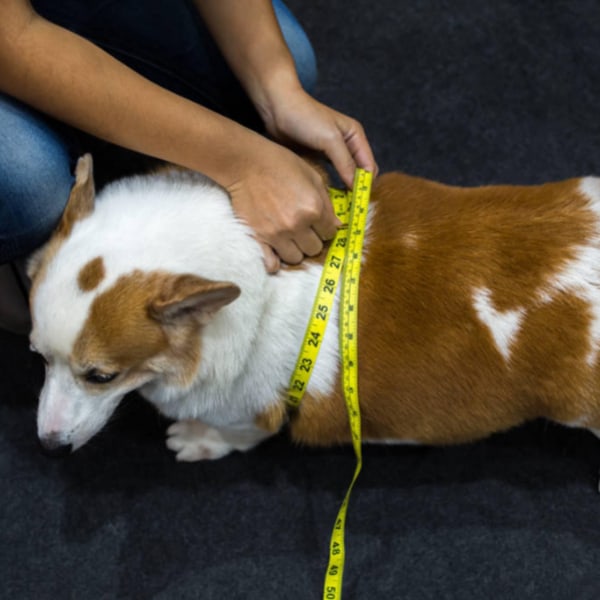
As your dog ages, it is likely to have lower energy levels and this can make it more susceptible to obesity. Obesity in dogs is a risk factor for conditions such as heart disease, diabetes, and joint problems. This means that proper nutrition is one of the best ways to ensure that your dog stays healthy in its old age.
Treatment and Care
- Ensuring that your senior dog gets sufficient daily exercise is important. Older dogs may be less active but scheduling playtime and regular short walks can ensure that they keep their activity levels up.
- Do not overfeed your senior dog since they will put on weight faster.
- Always opt for dog treats and foods that are specifically formulated for senior dogs since they contain the right nutrient levels and calories for dogs in that life stage.
Cancer

Cancer is a common health problem in older dogs. Cancer is the leading cause of death in senior dogs so it is important to always watch out for signs and symptoms. Different types of cancers ranging from lymphoma to skin cancer and prostate cancer can affect older dogs so symptoms may vary widely.
There are common signs that you can watch out for to ensure that your senior dog is diagnosed and treated early. These include:
- Unusual swellings or lumps on any part of your dog’s body that get larger and persist for extended periods.
- Lethargy and reluctance to engage in physical activity
- Loss of appetite and weight loss
- Difficulty eating or swallowing
- Difficulty eliminating or going to the bathroom
- Bad body odor
- Sores that do not heal
- Bleeding or any other type of discharge from the nose, mouth, or anus
Treatment and Care
Cancer is not always a death sentence for senior dogs and can often be treated and managed. However, early diagnosis is crucial. Treatments such as radiation, surgery, and chemotherapy can be used depending on your dog’s diagnosis.
Early diagnosis is crucial for treating various health problems in older dogs, including mange. You can learn more about mange and natural treatment options at home.
You should also watch out for these health problems in service and therapy dogs. It's important that we take care of our dogs the same way they take care of us. You can read this article about getting and caring for an emotional support dog.
Conclusion
We have described the most common health problems in older dogs. If you want to maximize the life of your pet, examine him regularly, and pay attention to the slightest oddities in his behavior. After all, any disease is always easier to eliminate early.
If you are an owner of an old dog and have something to share with our readers, please leave a comment below.

